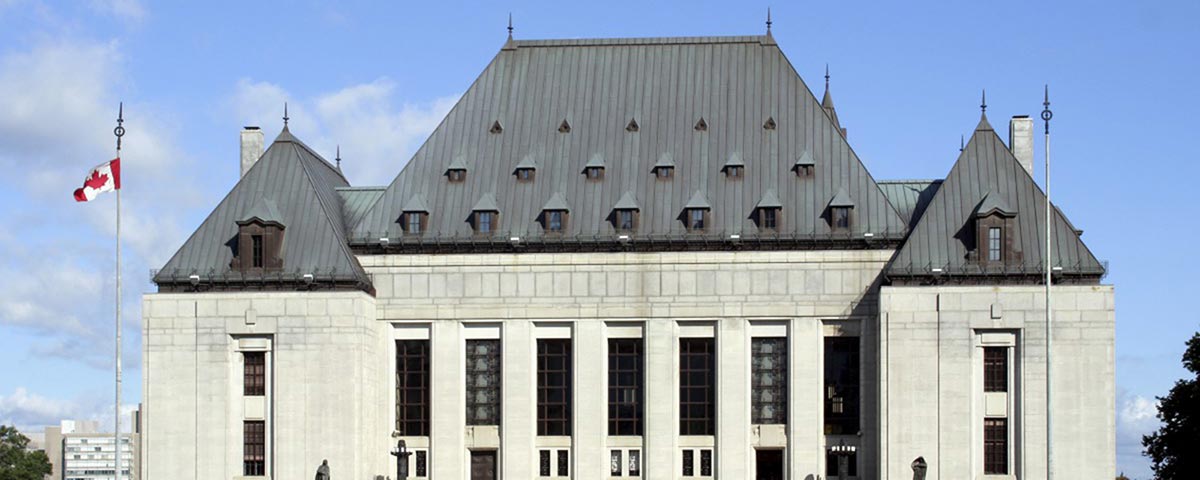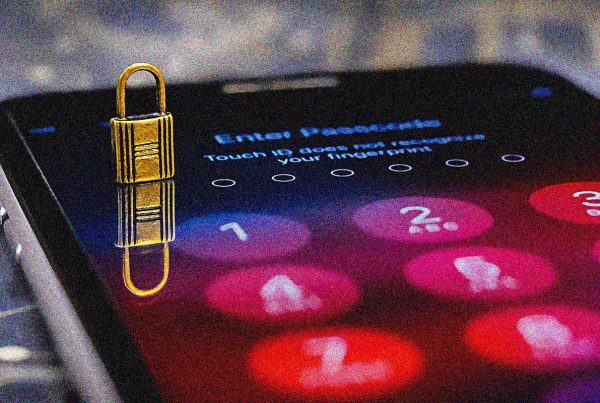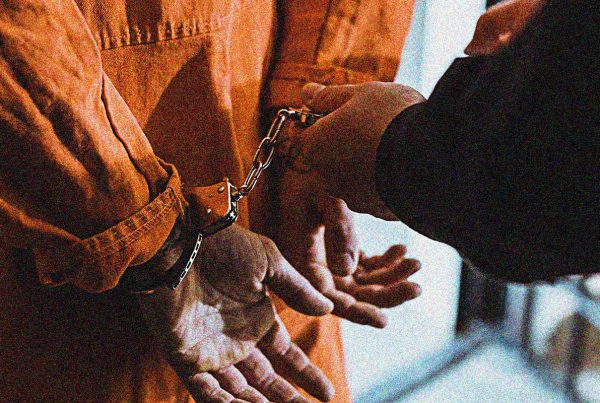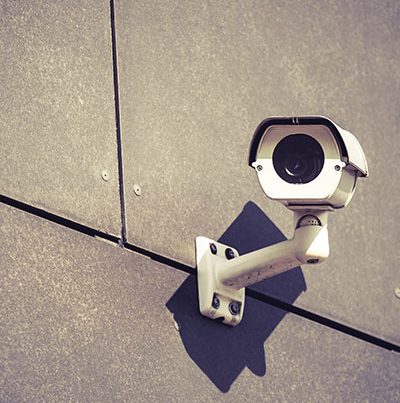CCLA WIN
May 31, 2019
VICTORY AT THE SUPREME COURT: A FIGHT FOR EVERYONE’S RIGHT TO PRIVACY AND EQUALITY (R V LE)
Victory! Today, the Supreme Court rendered a monumental decision recognizing that police carding in a private backyard constitutes arbitrary detention, a violation of the Charter. The Court stated the police have no legal authority to question people who are doing nothing wrong, nor demand their IDs. Both the majority and dissent recognized that a person may experience a police interaction differently due to their race and existing relations between the police and various racial groups, as we argued. The majority also accepted a position advanced by us stating even a short interaction with the police can have a significant impact on an individual and can be considered a form of detention. As a result of these findings, the Court set aside Mr. Le’s convictions and entered his acquittal. A true victory for civil liberties.
Post Below from October 12, 2018
A quick summary
Tom Le and four of his friends were sitting in the backyard of a home when police walked in. 20-year old Le is Asian, and his four friends (one, a resident of the home) are all Black.
That night the officers had been looking for completely different people, and were told by a security guard for the housing complex that one of the men sometimes hung around the address where Mr. Le and his friends were that night.
The officers went to the house, saw no wrongdoing, walked through the gateway without permission, and asked the racialized young men there questions about themselves, including asking for identification.
One officer asked Mr. Le for his identification and what was in his bag. At that point Mr. Le fled, but was soon apprehended and searched, and found to have a weapon and drugs in the bag.
What CCLA is asking for
We are intervening in this case before the Supreme Court of Canada on Oct. 12 to ask the court to protect individual rights to privacy and equality when it comes to interactions with police.
CCLA argues that the legal test that helps courts decide who has a reasonable expectation of privacy in a space like a backyard (and who as a result has standing to make an argument in court that their Charter right to be free from unreasonable search was violated) focuses too much on who owns or controls the property. Everyone – whether they are a homeowner, renter, or guest; whether low or high income – should be entitled to an equal zone of privacy in which they are able to move freely and with relative anonymity without unnecessary intrusion by the state.
We are also offering the court a test to determine when a person has been detained by police – a test that should properly consider the power of police, and the fear and distrust experienced by racialized communities in their relationships with law enforcement. Our goal is to seek guidance for police officers so that all individuals can walk around freely, and all can have equally meaningful access to their privacy, liberty and equality rights.
What are the civil liberties concerns?
There are intersecting privacy and equality rights in this case.
Imagine walking down the street and being stopped and questioned by police. Would you feel a little nervous and like you should probably stay and answer questions? Imagine if the questioning were done in an accusatory manner. Would you feel under suspicion? And how comfortable would you feel if this was in your neighbourhood with friends and neighbours nearby? Many people in Canada, including those who have been pulled over while driving, can relate to the feeling of fear and intimidation when confronted by police officers.
If you are a part of a racialized community, this may happen far too frequently to you or to people you know. For members of heavily policed communities, police encounters carry the sting of discrimination and a sense of injustice, along with uncertainty as to the results: a risk of abuse of power, escalation, charges, or use of force. How would you feel facing police in this context, and what would you do?
It is important for all people to have the freedom to move about safely in their communities, and in particular in private spaces. Police probably wouldn’t just walk into a private backyard in an affluent white neighbourhood and start immediately questioning those present – and it shouldn’t have happened in a community housing complex to a group of racialized young men. Privacy rights must be extended equally.
Why this case matters
This case raises serious questions about the equal enjoyment of privacy rights for all people, the impact of race in police encounters, the right to be free from arbitrary detention, and the need for courts to consider the effects of inequality and systemic racism on Charter-protected interests.
RESOURCES
- Canadian Civil Liberties Association’s Factum
- CCLA at the Supreme Court: The Worst Carding Case in Canadian History?
IN THE NEWS
About the Canadian Civil Liberties Association
The CCLA is an independent, non-profit organization with supporters from across the country. Founded in 1964, the CCLA is a national human rights organization committed to defending the rights, dignity, safety, and freedoms of all people in Canada.
For the Media
For further comments, please contact us at media@ccla.org.





